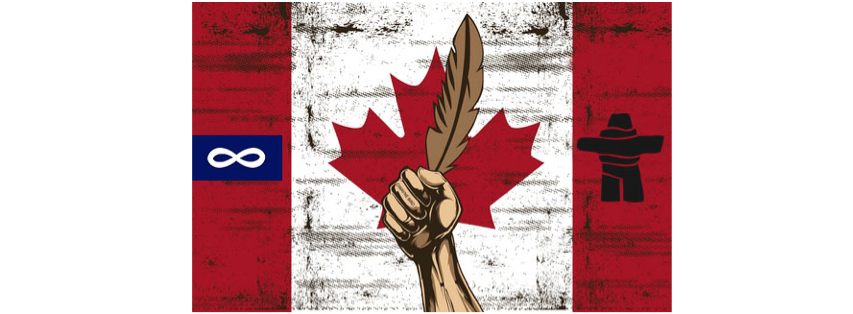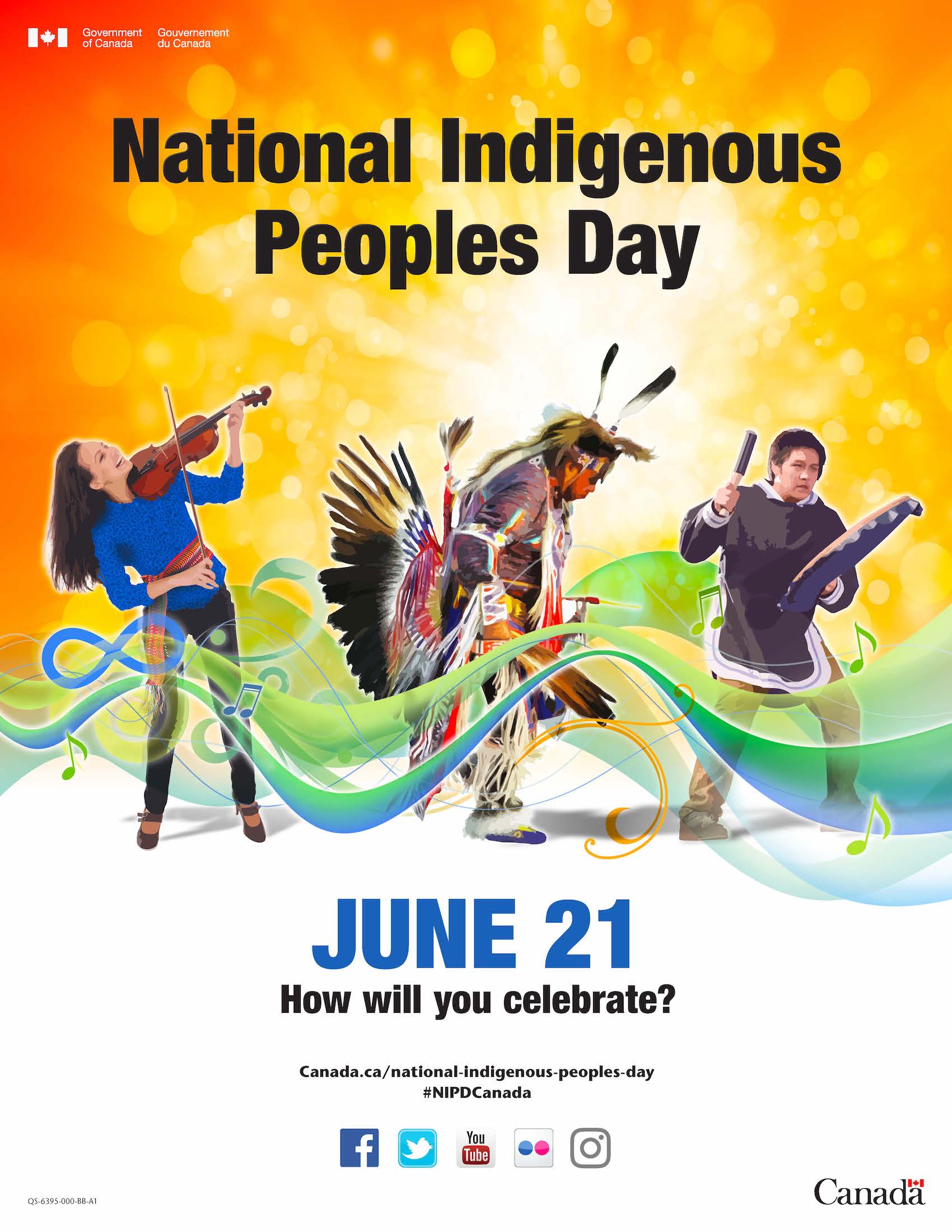
The Durham Catholic District School Board recognizes and embraces Canada's diverse culture. We respectfully acknowledge that we, here in the Durham Region, are on the traditional lands of the Mississaugas of Scugog Island.
As a faith community, Durham Catholic District School Board embraces and promotes human dignity, inclusivity, respect, diversity and justice. As a Catholic learning community, we are committed to promoting equity and inclusion in all our schools and workplaces by recognizing the diverse backgrounds of all members of our community. Please visit DCDSB Equity and Inclusive Education for more information.
To learn more about programs and resources regarding First Nations, Métis and Inuit worldviews, cultures, histories and current realities, please visit DCDSB Indigenous Education.
Durham Catholic District School Board and St. Mary celebrates October as First Nations, Métis, and Inuit Awareness month.
The First Nations, Métis, and Inuit (FNMI) Committee "Students4Action" meets on a regular basis to listen to guest speakers, go on field trips and educates the community about the concerns of the Indigenous people of Canada. Follow on Instagram @stmarys4a
Educational Display Cases

First Nations, Métis, and Inuit Studies Courses at St. Mary
"Grade 11 English: Understanding Contemporary First Nations, Métis, and Inuit Voices" NBE3U/C/E
St. Mary Catholic Secondary school community is pleased to announce that effective September 2020 we will be offering a new Grade 11 English curriculum, inspired by Indigenous voices and focused on contemporary literature. These mandatory Grade 11 English courses will explore the themes, forms, and stylistic elements of a variety of literary, informational, graphic, oral, cultural and media text forms emerging from First Nations, Métis, and Inuit cultures in Canada and will reflect our Catholic Graduate Expectations and Catholic Social Teachings. "English: Understanding Contemporary First Nations, Métis, and Inuit Voices" NBE3U/C/E will be offered at all levels (university, college and workplace preparation) to fulfill the mandatory requirement for the Ontario Secondary School Diploma (OSSD) and are recognized by all post-secondary institutions. Please see the parent/guardian letter for more information and answers to FAQs.
"Grade 12 Contemporary Indigenous Issues and Perspectives in a Global Context" NDW4M
St. Mary Catholic Secondary school community is pleased to announce that effective September 2022 we will be offering a new First Nations, Métis, and Inuit studies course. This course examines global issues from the perspectives of Indigenous peoples. Students will explore the depth and diversity of Indigenous cultures, traditions, and knowledge. Students will consider how diverse Indigenous communities persevere despite current global environmental and economic trends, and will investigate topics such as identity, social justice, human rights, spirituality, resilience, and advocacy for change.
Special Recognition Days
The DCDSB acknowledges and/or promotes the following special recognition days or events related to Indigenous Education in the 2022-2023 school year.
- Truth and Reconciliation Week - September 26-30
- National Day for Truth and Reconciliation and Orange Shirt Day - September 30
- Treaties Recognition Week - November 6-12
- International Inuit Day - November 7
- National Indigenous Veterans Day - November 8
- Rock your Mocs Week - November 13-16
- Louis Riel Day - November 16
- Moose Hide Campaign Day - May 11
- Louis Riel Day - February 21
- National Indigenous Languages Day - March 31
- National Day of Awareness for Missing and Murdered Indigenous Women and Girls (MMIWG) - May 5
- Indigenous Peoples History Month - The month of June
- National Indigenous Peoples Day - June 21
- Nunavut Day - July 9
National Day for Truth and Reconciliation and Orange Shirt Day "Every Child Matters" (September 30th)
To launch the beginning of the month students are encouraged to wear orange first layers on Wednesday, September 30th 2022. Orange shirt day was established in 2013 through the efforts of Phyllis Webstad, Stswecem’c Xgat’tem (Shuswap) First Nation woman who had her new orange shirt taken from her on her first day of residential school in 1973. Orange Shirt Day is an opportunity for First Nations, local governments, schools and communities to come together in the spirit of reconciliation and hope for generations of children to come. The following website has a video and information that provides more details www.orangeshirtday.org
National Indigenous Peoples Day (June 21st)
On June 21, celebrate the heritage, diverse cultures and outstanding achievements of First Nations, Inuit and Métis!
In 1996, the Governor General of Canada, Roméo LeBlanc, proclaimed it National Aboriginal Day! It's an opportunity for everyone to celebrate the cultural richness and contributions of First Nations, Inuit, and Métis peoples. In 2017, the Prime Minister announced the day would be renamed National Indigenous Peoples Day.
Why June 21? For centuries, many of the first inhabitants would celebrate the arrival of the warm weather and the pleasures of the summer solstice. The summer solstice is the day of the year with the longest light. It is a day with spiritual significance for many people and is a good time to celebrate Indigenous peoples and cultures.

- Consider reading a book from the #IndigenousReads reading list
